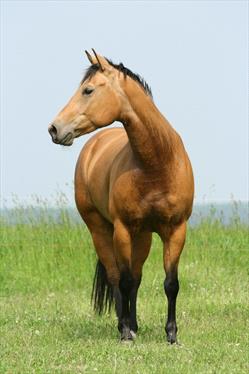Bob Judd, DVM, DABVP (Equine Medicine), DABVP (Canine and Feline Practice)
shutterstock_13708063.jpg

You never want to hear your veterinarian say your horse needs colic surgery. Unfortunately, it does occur from time to time.
Only about 10% of equine colic cases require surgery. Dr. Jacqueline Hill, DVM, Dipl. ACVS-LA, believes there are many myths about this type of surgery. If surgery is indicated, you will likely need to take your horse to a specialty center because this type of surgery requires a lot of equipment and staff to perform.
Dr. Hill states that one myth about colic surgery is that some horses are too old. Although that may be a concern in a very old horse, for instance over 30 years of age, studies have shown that horses over 20 undergo colic surgery and recover as well as horses less than 15 years old. So if your horse is over 20 years old and in good health otherwise, successful colic surgery is possible.
Another myth is horses are never the same after colic surgery. This is a difficult surgery and recovery can take up to three months of restricted exercise followed by another three months of gradually increasing exercise. However, one study recently reviewed records of over 200 colic surgeries of various breeds and disciplines. It found that 84% returned to their previous discipline and 79% did so at the same level or higher after surgery. Some horses may need part of their intestine resected (removed) during the surgery, and this is sometimes thought to decrease success. The outcome depends on the area of the intestine resected. The success rate of horses with resected intestines is from 65-75% depending on the area involved.
The last myth addressed here is that once a horse has colic surgery, they will likely colic again. Study results reveal that if the horse does not already have a history of colic, it is unlikely to have increased colic rates after surgery.